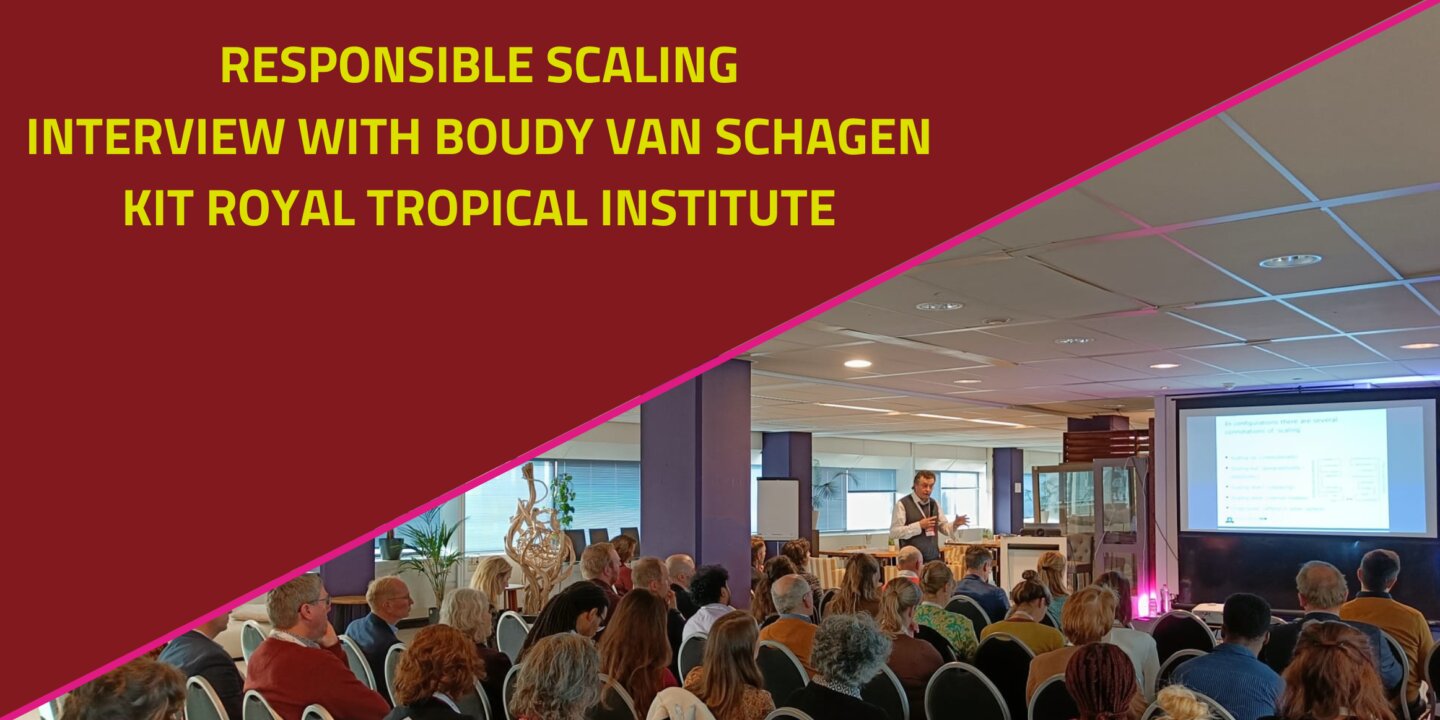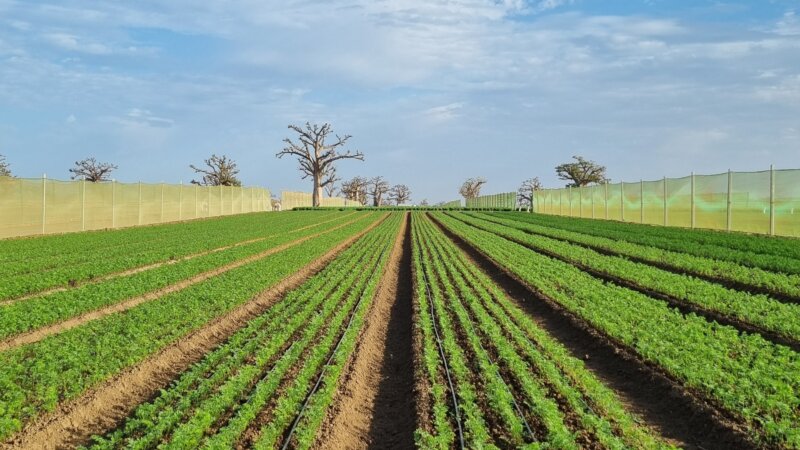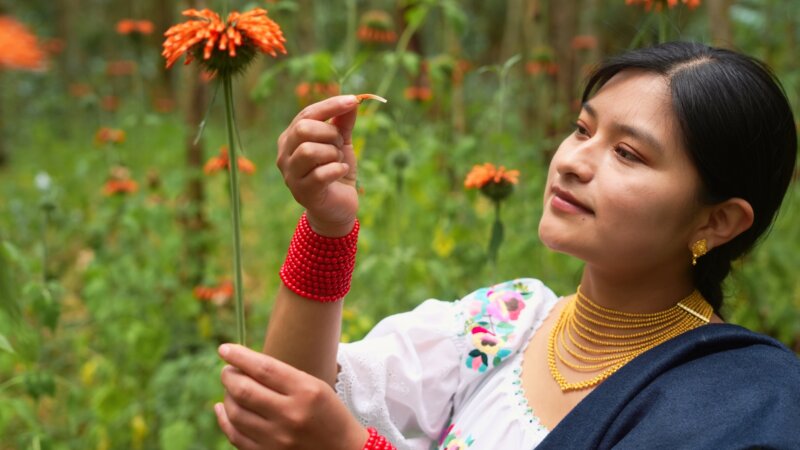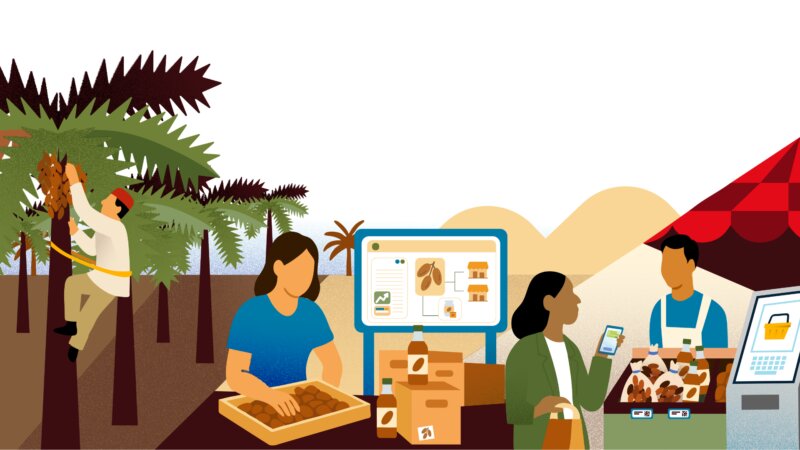Responsible Scaling Interview 1/3 - Boudy van Schagen, KIT Royal Tropical Institute

On February 13, 2024, the Netherlands Food Partnership and CGIAR co-organized a breakfast meeting on Responsible Scaling. We had the opportunity to interview three of the participants. Below, youll find valuable insight from the interview with Boudy van Schagen. Boudy is the team lead for food and agribusiness and senior advisor for seed sector development at KIT Royal Tropical Institute.
Q: What do you hope to learn from this morning’s meeting?
Boudy, from the KIT Royal Tropical Institute, shared that he has been deeply involved in Scaling Readiness from its inception, recounting his extensive experience. Having collaborated with Marc Schut as a CGIAR scientist in Burundi from 2010 to 2015, he actively participated in the development and validation of the Scaling Readiness approach alongside colleagues at Wageningen University. He shared that the agenda of the meeting, that revolves around bridging the gap between policy formulation and its practical implementation, is a domain where he identifies significant gaps, particularly within the African context.
Reflecting on past achievements, notably the successful implementation of a specific innovation across Central Africa (Burundi, Rwanda, Congo, and Uganda), he expressed shock and disappointment upon revisiting the region. Boudy shared that he learned that although there was awareness of the technology, its widespread adoption was lacking due to a failure in integration within governmental extension services.
He emphasised his disappointment at witnessing such promising technology is thus sitting on the shelf, attributing its underutilization to a lack of concerted effort in institutional embedding. Boudy therefore expressed hope that the workshop would provide valuable insights into resolving that.
Q: You say that policy is a challenge to adoption of the Scaling Readiness approach. Are there other bottlenecks in bringing innovations to scale?
When questioned about the bottlenecks beyond policy hindering the adoption of the Scaling Readiness approach, Boudy shared that despite the apparent simplicity of some innovations at first glance, practical implementation often encounters a myriad of challenges.
Illustrating this with an example, he recounted a seemingly straightforward technology designed to combat a bacterial disease affecting banana plants. The initial solution involved cutting down diseased plants with a machete and sterilising it by heating it in a fire, killing the bacteria. However, he shared that: “practical application revealed unforeseen complications; reports emerged indicating that the heat from the fire was causing the machetes to become brittle and dull, rendering them ineffective. This unexpected setback necessitated the exploration of alternative practices.”
Boudy therefore stressed the importance of close monitoring and continuous engagement with farmers and stakeholders during the scaling process to grasp the intricacies, identify bottlenecks, and address emerging issues effectively. He emphasised that scaling innovation is far from a straightforward, linear progression.
Q: Different organisations are represented here this morning. Some civil societies work with farmer groups, some work on policy. What would you tell them to look out for in this scaling innovation work?
Boudy shared that scaling an innovation is indeed a process that demands significant commitment, regardless of its perceived simplicity. It requires time, resources, and capacity, along with ongoing support and guidance along the way. He argued that there is a common misconception among scientists and development workers that once a remarkable innovation is conceived, scaling it becomes a straightforward task. However, this notion overlooks the intricacies of the scaling process. Merely developing the innovation marks just the initial phase.
While innovations in CGIAR and agriculture for development work often revolve around technical aspects, the true impediments to scaling lie in institutional and social barriers. Boudy stated that addressing these barriers is paramount for success, emphasising that the journey to scaling is more about navigating social and institutional challenges than solely focusing on technical innovations.
Q: Could you give a specific example of such social barriers?
Boudy provided an illustrative example concerning banana cultivation. Traditionally, banana plants grow in clusters from a single base, known as a "corm." The innovation proposed involved selectively removing diseased individual plants rather than uprooting the entire cluster.
Boudy explained that a notable social obstacle to this innovation arised in regions where farmers practise intercropping bananas with beans, a crop predominantly tended to by women. “Say it's bean season and you want to cut out a diseased banana plant. The bean plants belong to women while the cutting work is often done by men. Cutting the big banana stems means trampling the beans” Boudy explained that this situation highlights a gender and household dynamic, underscoring the importance of inclusive discussions and cooperation between men and women regarding disease management strategies. He argues that such social nuances are often overlooked by technical experts during innovation design phases. It emphasises the necessity of involving agricultural extension services staff and all relevant stakeholders throughout the process, ensuring ongoing engagement to secure their support and endorsement.
Boudy emphasises that: “If we don't have that engagement—that “whole-of-community” support—any innovation being introduced by a development project, however useful in theory, or as a pilot, is unlikely to go anywhere in the long term, particularly once the project is finished and the funding for the project runs out—after which things promoted by the project can tend to fall apart.”
Authors

Ken Owino
NFP Communications

Mariëlle Karssenberg
Partnership Builder - Netherlands Food Partnership



